Importing the Law in Post-Communist Transitions —— The Hungarian Constitutional Court and the Right to Human Dignity
----- 后共产主义过渡时期的法律导入
This book,one of the very first monographs on the Hungarian Constitutional Court available in English, is a unique study of the birth of a new legal system after the collapse of communism in Central and Eastern Europe. It shows that the genesis of the new legal order was determined by massive Western involvement and an unprecedented movement of export/import of law. Anchored in a detailed comparative study of German and Hungarian constitutional case law on human dignity, this book argues that law importation was a deliberate strategy carried out by the Hungarian Court in the early years of its operation. It explains how the circumstances of the transition and the background of the importers determined the choice of German case law as a model and how the Court used it to construct its own version of the right to human dignity. It highlights the Hungarian Court's instrumentalisation of imported law in order to lay the foundations of a new conception of fundamental rights. While focusing on the Hungarian experience, this book engages with international debates and provides an original theoretical framework for approaching the movement of law from the importers' perspective.
{{comment.content}}
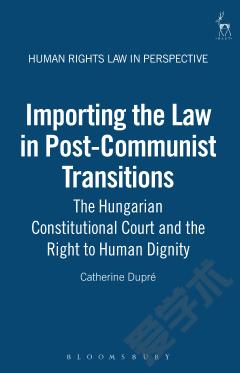
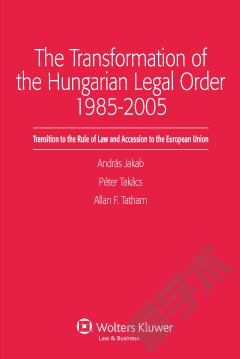
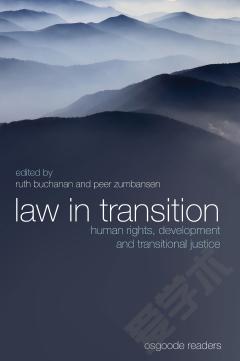

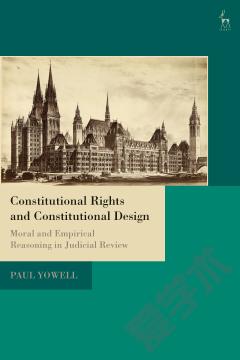
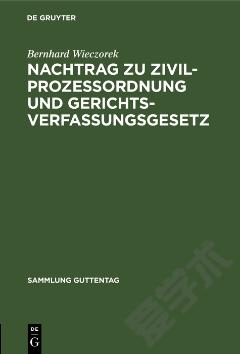


 京公网安备 11010802027623号
京公网安备 11010802027623号